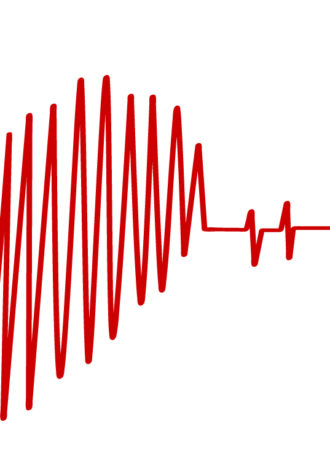According to the American Heart Association, cardiovascular disease encompasses various conditions caused by diseased blood vessels, blood clots, and structural heart issues. The most common conditions are coronary artery disease, cardiac arrest, heart attack, stroke, and high blood pressure. Heart disease is a term used for conditions that affect only the heart organ.
A heart attack is the event most commonly associated with heart disease and occurs when a blocked artery prevents oxygen-rich blood from reaching a section of the heart, but the heart usually continues beating. Symptoms can start slowly and persist for hours, days, or weeks before an attack.
It’s crucial to educate yourself, because heart attack symptoms in women can be different from those in men. For example, chest pain is often not a symptom for women, but jaw pain can be.
- Uncomfortable pressure, squeezing, fullness, or pain in the center of your chest
that lasts more than a few minutes or goes away and comes back - Pain or discomfort in one or both arms, the back, neck, jaw, or stomach
- Shortness of breath, with or without chest discomfort
- Other signs such as breaking out in a cold sweat, nausea, or lightheadedness
- Extreme fatigue
As with men, the most common heart attack symptom in women is chest pain or discomfort. But women are more likely than men to experience other common symptoms, particularly shortness of breath, extreme fatigue, nausea/vomiting, and back or jaw pain.
Unlike a heart attack, cardiac arrest events occur the same way for everyone: The heart stops beating suddenly and without warning due to an electrical malfunction in the heart. The person then loses consciousness and has no pulse. Death occurs within minutes if the victim does not receive treatment.
A stroke is a cardiovascular condition caused by a blocked artery, but instead of blood being prevented from flowing to the heart, a stroke event keeps blood and oxygen from reaching the brain.
To assess your risk for cardiovascular disease, keep track of your numbers. In other words, schedule a visit with your doctor to learn what your blood pressure, cholesterol, blood sugar, and body mass index are and what they should be.
- Blood pressure of less than 120/80 mm Hg
- (Fasting) blood sugar level of less than 100 mg/dL
- Body mass index of less than 25 kg/m²



 2 min read
2 min read



